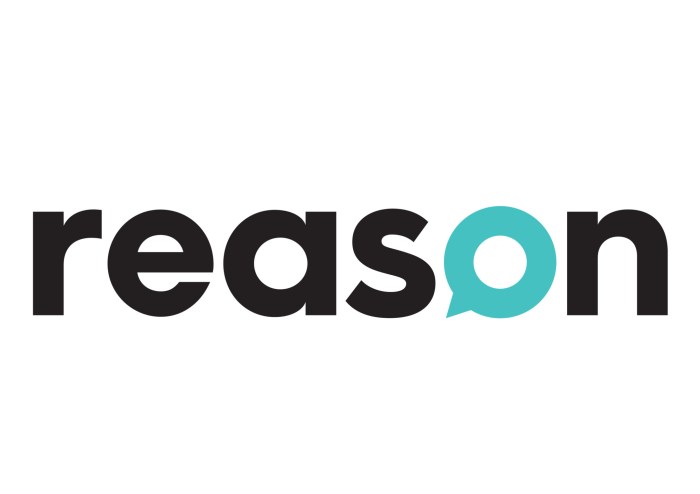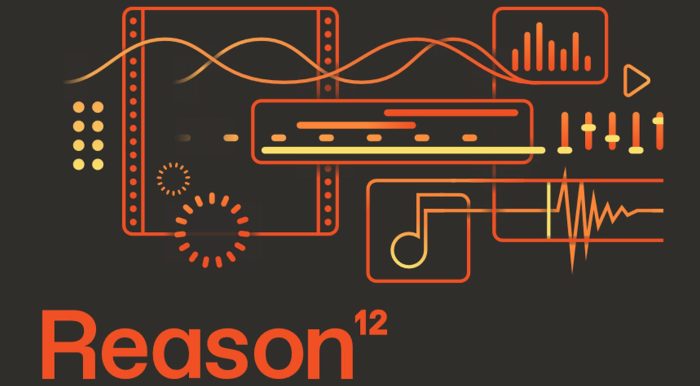Capacity for logical or rational thought crossword delves into the fascinating realm of cognitive abilities, exploring the core principles of logical reasoning, the characteristics of rational thought, and the role of critical thinking in everyday life.
This comprehensive guide unravels the intricate workings of our minds, shedding light on the cognitive processes that enable us to reason, solve problems, and engage in meaningful discourse.
Logical Reasoning

Logical reasoning is a cognitive process that involves using rules of logic to draw conclusions from given premises. It is a fundamental aspect of critical thinking and plays a crucial role in everyday decision-making.
The core principles of logical reasoning include:
- Deductive reasoning:Drawing conclusions from premises that are known to be true, ensuring the conclusion is also true.
- Inductive reasoning:Drawing conclusions from premises that are likely to be true, making the conclusion probable but not certain.
- Abductive reasoning:Making the best possible explanation based on available evidence, providing a plausible conclusion but not necessarily true.
Logical Fallacies
Logical fallacies are errors in reasoning that lead to invalid conclusions. Common types include:
- Ad hominem:Attacking the person making the argument rather than the argument itself.
- Straw man:Misrepresenting an argument to make it easier to attack.
- Begging the question:Assuming the truth of the conclusion in the premises.
- Circular reasoning:Using the conclusion to support one of the premises.
Examples of Logical Reasoning in Everyday Life
Logical reasoning is used in various everyday situations, such as:
- Evaluating the validity of news articles
- Making decisions based on available information
- Solving puzzles and riddles
- Understanding and interpreting legal documents
Rational Thought
Rational thought is a mode of thinking characterized by the use of reason, logic, and evidence to form judgments and make decisions. It involves objectively evaluating information, considering different perspectives, and avoiding biases.
Characteristics of rational thought include:
- Objectivity:Basing conclusions on facts and evidence rather than personal beliefs or emotions.
- Open-mindedness:Considering multiple perspectives and being willing to change one’s views based on new evidence.
- Skepticism:Critically evaluating information and questioning its validity before accepting it as true.
The Role of Evidence and Objectivity
Evidence plays a crucial role in rational thought, providing support for claims and conclusions. Objectivity requires setting aside personal biases and focusing on the facts.
To enhance rational thought:
- Seek out diverse sources of information.
- Evaluate the credibility of sources.
- Consider different perspectives and viewpoints.
- Avoid emotional reasoning and biases.
Cognitive Abilities

Cognitive abilities associated with logical and rational thought include:
- Reasoning:The ability to draw logical conclusions from given information.
- Problem-solving:The ability to identify and solve problems using logical and rational strategies.
- Critical thinking:The ability to analyze information, identify biases, and evaluate arguments.
- Memory:The ability to store and retrieve information, essential for logical reasoning and problem-solving.
Development and Enhancement
Cognitive abilities develop through education, experience, and cognitive training. To enhance them:
- Engage in logical puzzles and games.
- Practice critical thinking and problem-solving skills.
- Seek opportunities for intellectual stimulation.
- Train working memory and cognitive flexibility.
Impact of Cognitive Impairments
Cognitive impairments, such as dementia or traumatic brain injury, can affect logical and rational thought. These impairments can disrupt reasoning, problem-solving, and critical thinking abilities.
Critical Thinking: Capacity For Logical Or Rational Thought Crossword

Critical thinking is a higher-order cognitive skill that involves analyzing, evaluating, and interpreting information to form judgments. It is closely related to logical and rational thought.
Steps involved in critical thinking:
- Identify the issue or question.
- Gather relevant information.
- Analyze and evaluate the information.
- Form a conclusion or judgment.
- Communicate the findings effectively.
Examples of Critical Thinking
Critical thinking is applied in various contexts, including:
- Evaluating scientific research
- Making informed decisions in personal life
- Understanding complex social issues
- Formulating and defending arguments
Argumentation and Debate

Argumentation and debate involve presenting and defending a position on a given topic. They require logical reasoning, critical thinking, and effective communication skills.
Principles of argumentation and debate:
- Clear and concise arguments:Presenting a well-defined position supported by evidence.
- Evidence-based reasoning:Using facts, data, and logical arguments to support claims.
- Anticipating counterarguments:Considering and addressing potential objections to the argument.
- Respectful and ethical conduct:Engaging in respectful dialogue and avoiding personal attacks.
Types of Arguments
Arguments can be classified into various types, including:
- Deductive arguments:Arguments with premises that logically guarantee the conclusion.
- Inductive arguments:Arguments with premises that provide support for the conclusion but do not guarantee it.
- Analogical arguments:Arguments that draw parallels between two situations or objects.
- Causal arguments:Arguments that establish a cause-and-effect relationship.
Tips for Constructing Strong Arguments
To construct strong arguments:
- Identify the main claim and supporting evidence.
- Use clear and precise language.
- Provide relevant and credible evidence.
- Anticipate and address counterarguments.
- Organize the argument logically and coherently.
Engaging in Effective Debates, Capacity for logical or rational thought crossword
Effective debates require:
- Preparation:Researching the topic and preparing arguments.
- Active listening:Paying attention to the opposing arguments and understanding their perspectives.
- Respectful communication:Engaging in civil and respectful dialogue.
- Logical reasoning:Using sound reasoning and evidence to support claims.
- Critical thinking:Evaluating the validity of arguments and identifying fallacies.
FAQs
What is logical reasoning?
Logical reasoning is the process of using logical principles to draw conclusions from given premises.
What are the different types of logical fallacies?
Common logical fallacies include ad hominem, straw man, and circular reasoning.
How can we enhance our cognitive abilities?
Cognitive abilities can be enhanced through practice, education, and engaging in mentally stimulating activities.